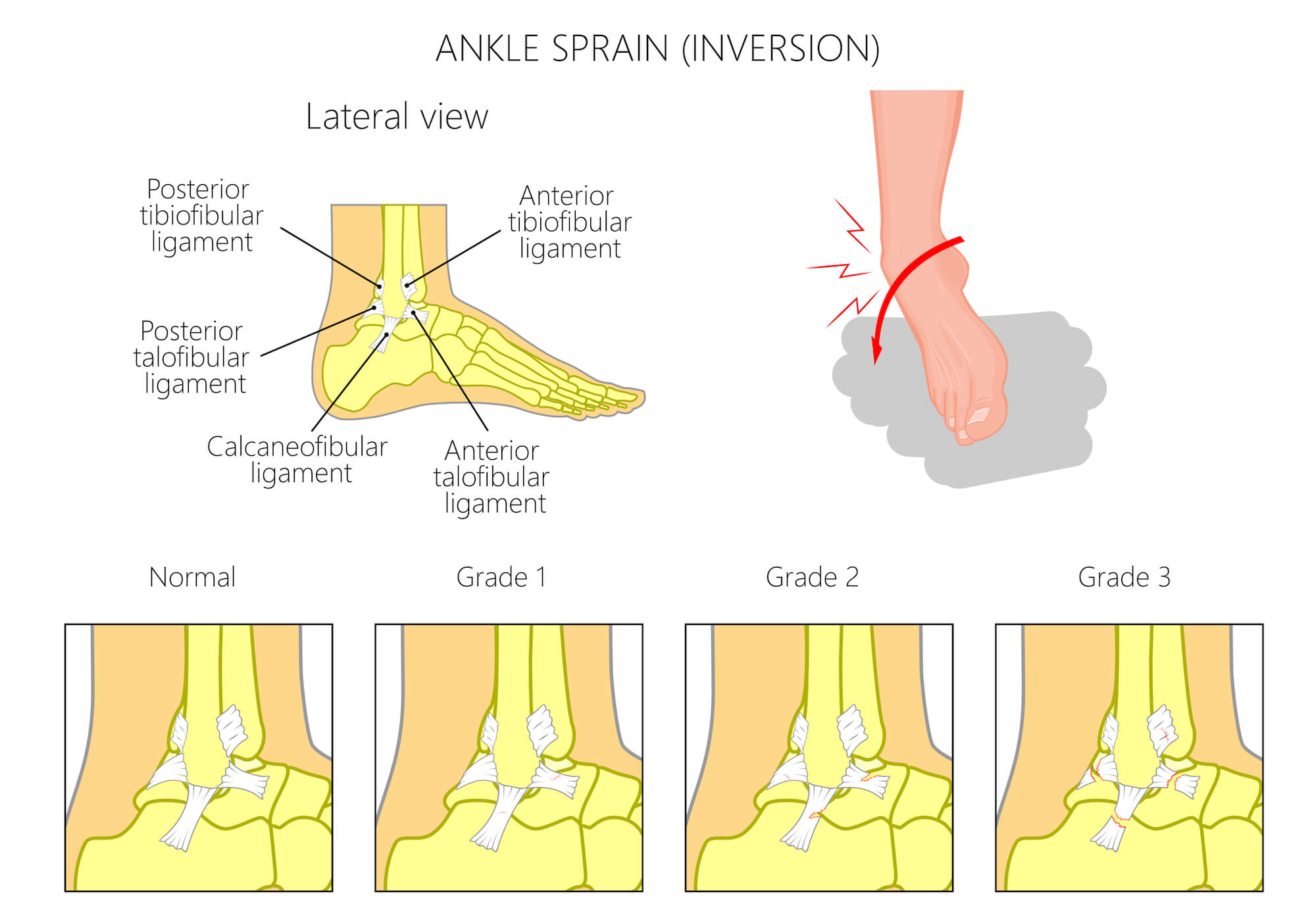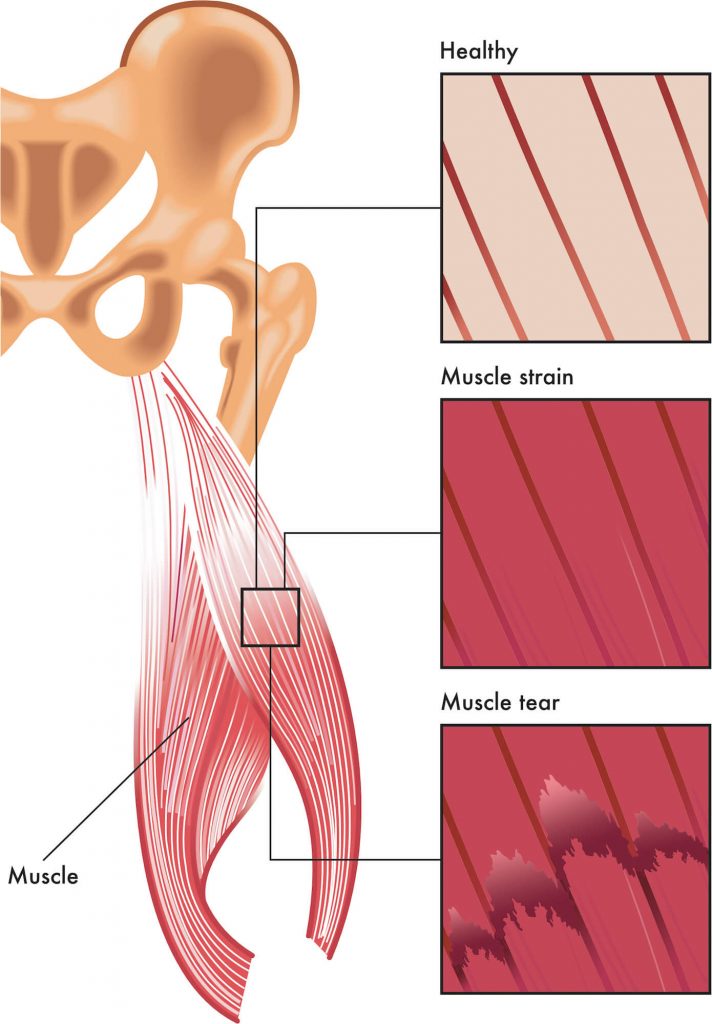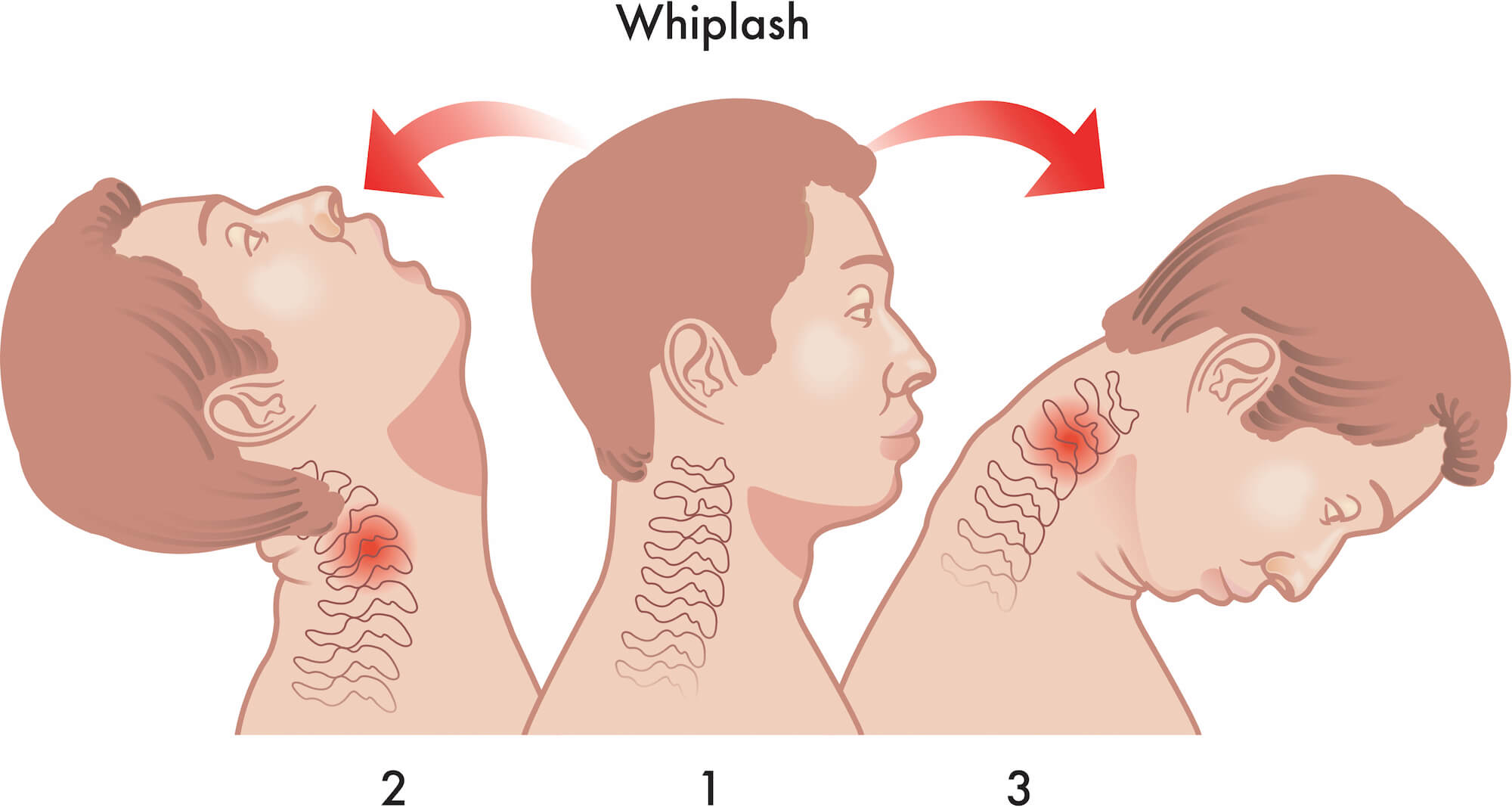Insurance Cap for Soft Tissue Injuries in Nova Scotia
Insurance Cap for Soft Tissue Injuries in Nova Scotia
If you are injured in a car accident in Halifax, it is important to know that there is something called the Minor Injury Cap in Nova Scotia, which can affect the amount of compensation you are able to receive for pain and suffering related to certain types of injuries. In short, if you sustain a “minor” injury, then your damages for pain and suffering are capped at a particular amount set each year. Why do you need to know about this insurance cap for soft tissue injuries? In many cases, soft tissue injuries fall into the category of a “minor” injury.
What constitutes a soft tissue minor injury in Nova Scotia? Nova Scotia law defines a “minor injury” as strains, sprains, and whiplash-associated disorders that do not result in a “serious impairment”.
In this article, we will tell you more about soft tissue injuries and will explain how your insurance claim may be capped depending upon the type and severity of the injury.
What is a Soft Tissue Injury?
A soft tissue injury is an injury to the soft tissues in the body, according to the American Academy of Orthopaedic Surgeons (AAOS). The types of soft tissues that are most commonly injured, the AAOS explains, are muscles, tendons, and ligaments. Many of these kinds of injuries fall into the classification of a minor injury to which the Minor Injury Cap may apply in Nova Scotia. Recall that a minor injury includes “strains, sprains, and whiplash-associated disorders.”
Let us explain how strains, sprains, and whiplash often are considered to be soft tissue injuries. WebMD defines those types of injuries as follows:
- Sprain: “A stretching or tearing of ligaments, the tough, fibrous bands of tissue that connect bones to one another at a joint”;
- Strain: “A stretching or tearing of a tendon or muscle tissue, commonly called a pulled muscle”; and
- Whiplash: An injury to the neck that is commonly known as a neck sprain or strain.
In other words, damage to muscles, tendons, and ligaments are injuries to soft tissues, including sprains and strains. In some cases, however, a severe contusion (bruise), tendinitis, or bursitis – also soft tissue injuries – may not be classified as “minor” injuries in Nova Scotia.
Damages Cap Only Applies to Pain and Suffering
Each year, according to the Government of Nova Scotia, the Minor Injury Cap is adjusted to account for inflation. The injury cap for 2025 has recently been set at $10,642.
The damages cap does not limit the amount of compensation a person can obtain for direct economic losses – meaning things that easily come with a dollar value, like lost income from missing work. The minor injury cap does not apply to claims for physiotherapy or massage therapy bills, ambulance costs, and lost wages, which are subject to a separate limit under your accident benefits coverage (also known as Section B). Instead, it is only pain and suffering damages that are capped. Accordingly, a person could obtain a significantly larger amount from an insurance claim than the $8,911 at which pain and suffering damages are capped in 2020.
When Doesn’t the Soft Tissue Minor Injury Cap Apply?
There are many instances where the only (or primary) injuries sustained after a car accident are soft tissue injuries, but might not be limited by this “minor” injury cap.
Injuries that Are Not Considered “Minor”
Simply because you or someone you know has suffered a soft-tissue injury, doesn’t mean that your injury is considered “minor”. If the injury results in serious impairments, permanent damage or inability to carry out your normal, daily activities, then the minor injury cap does not apply. Additional criteria exempt from this “soft tissue minor injury cap” include serious impairments such as the substantial inability to perform the essential duties of your current job, job training or education program, or to perform the normal activities of your daily living. A serious impairment must also have been ongoing since your motor vehicle accident. Finally, a serious impairment is one that is “expected not to improve substantially”.
More Serious Forms of Whiplash Associated Disorder (WAD)
The minor injury cap regarding whiplash injuries, also known as WAD, only apply to WAD Level 1 and Level 2. Whiplash Associated Disorder Levels 3 and 4 are not subject to the Nova Scotia minor injury cap. The Levels of WAD are also referred to as “Grades”.
Classification of WAD (Whiplash) Levels or Grades:
- WAD 1 – There are no physical signs of whiplash but there may be neck pain, stiffness or tenderness.
- WAD 2 – May include complaints and symptoms for WAD 1 (tenderness, pain and/or stiffness in the neck) and decreased range of motion as well in terms of either flexion, extension or rotation; or other signs of musculoskeletal impairment.
- WAD 3 – Symptoms and signs from Level 1 and 2 in addition to signs of neurological deficit. Neurological issues are often reported with WAD 3 injuries. Hypersensitivity is common in these injuries. Some symptoms include high irritability of pain, cold sensitivity and poor sleep as a result of pain. These symptoms are related to a variety of muscular deficits, reduced deep tendon reflexes and other issues due to the whiplash injury.
- WAD 4 – Neck pain complaints as well as fracture or dislocation. This is the most severe classification of WAD.
Seek Medical Attention to Diagnose and Classify Your Whiplash Injury
If you haven’t consulted your doctor regarding any injuries related to neck pain you are experiencing, you should seek help and advice immediately. This is particularly important if you believe you may be entitled to compensation later on. An insurance company will not compensate you without evidence of your injury. This evidence is most often found in the form of your medical records and history of this injury, as documented by a doctor.
Cap Does Not Apply to Non-Car Accident Injuries
You should know that the “minor” injuries cap on pain and suffering damages is only relevant to auto insurance claims. If you seek compensation in a claim related to another type of accident for which you sustained soft tissue injuries, this damages cap will not apply. However, you should talk with a Nova Scotia personal injury lawyer to be certain.
Contact an Injury Lawyer in Nova Scotia
The auto insurance system in Nova Scotia is complicated, and it is important to work with a Nova Scotia personal injury lawyer if you are seeking compensation for injuries in a car accident. Contact Kimball Law today.




